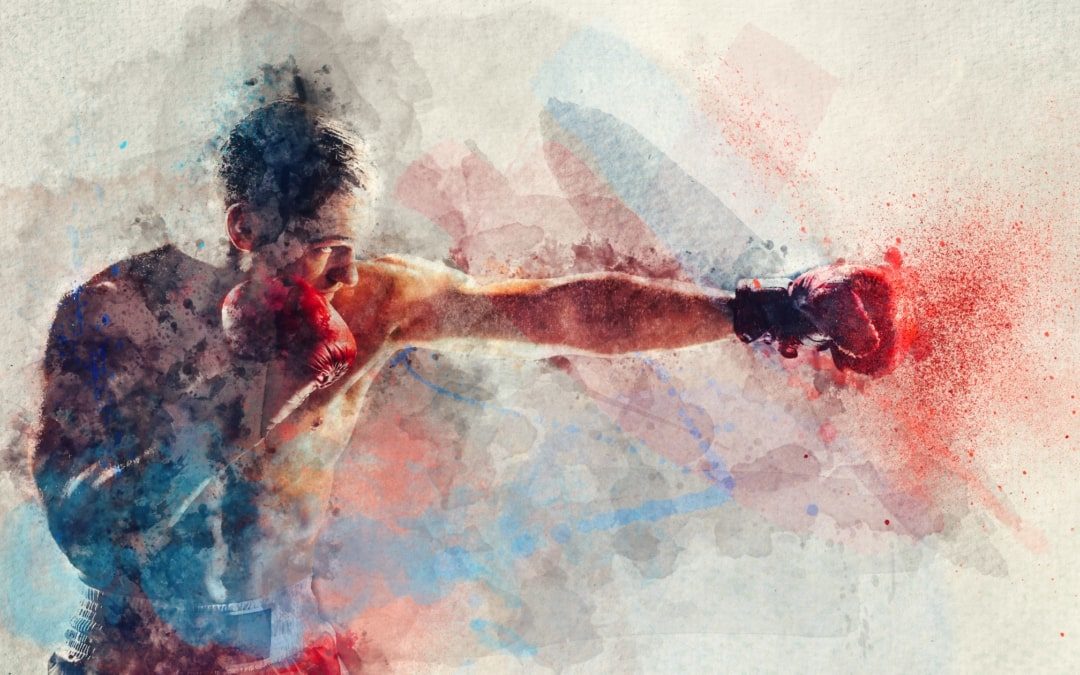Business is not a game. Starting, running, growing, and sometimes exiting a business takes an enormous amount of energy, and many businesses don’t survive. Too often we hear about a “new” business as an instantaneous success; never hearing about the 10+ years of endurance for the grinding toil, sleepless nights, and frequent failure that often precede success.
I learned this firsthand during my own entrepreneurial journey, which I often describe as 10 years of survival followed by 5 years of rock and roll. The survival years were tough, and the rock and roll years in many ways tougher. Each morning I would wake to put on my figurative armor, wondering what dragons lay in wait for me to slay. Many mistakes and failures, but each failure also brought a new learning. We also had great commitment and purpose, so each new learning was applied to the new day, until we had slain our final dragons, and for some, a hero’s journey fulfilled.
Hero’s journey fulfilled… it seems so easy. Ed Latimore is a former professional heavyweight boxer, competitive chess player, and inspirational writer. I’ve followed his work for some months now and over the Labor Day long-weekend I read his recent essay titled What it’s like training for a pro fight, and was awe struck by the parallels between a boxing and entrepreneurial / business career. Some quotes:
Fighting is easy. Fighting is fun. What’s hard is training for the fight. What’s miserable is training for the fight. Most people will never endure a six to eight-week training camp in preparation for an event that will push them in every possible way. In many ways, getting ready for a fight is the real fight.
Training for a fight and preparing for a new business opportunity are both a grind. In the fighting analogy Latimore continues… A good fighter is composed of 4 attributes: Physical fitness, Mental toughness, Emotional resilience, Spiritual determination. It’s impossible to properly train for a fight and develop these aspects individually. The same exercise that makes your body capable of absorbing a punch also hones your concentration to stay alert during fatigue and makes you confident that it won’t kill you.
Back to business, at MAC6 we use the Tony Schwartz Energy Project Audit to assess how individuals are taking care of their four core energy needs including the exact same buckets Latimore describes.
From Tony Schwartz: Just for starters, consider these four strategies, one for each of the four energy dimensions:
Physical
It makes sense that the bigger the demands in our lives, the greater the need for renewal. We do just the opposite. Start taking a break at least every 90 minutes. You can get a lot of renewal by completely disengaging from work even for very short periods of time.
Emotional
Start paying attention to how you’re feeling, moment to moment. How you feel profoundly influences how you perform. When you notice yourself moving into negative emotions, apply this principle: Whatever you feel compelled to do, don’t. Instead, smile, take a deep breath and wait to act until you’re capable of thinking clearly.
Mental
Stop trying to multitask. You can’t, efficiently or effectively. Instead, work as much as possible in short, uninterrupted sprints. Focus intensely for no more than 90 minutes, and then take a break. At a minimum, do the most important thing first every day, for at least 60 minutes.
Spiritual
It’s very easy, under pressure, to do whatever will solve the problem in the moment, without regard for the long-term consequences. Instead, ask yourself this simple question when you have a difficult decision to make: “What’s the right thing to do here?” The more intentionally you make decisions, the better they’ll be.
Are you in fighting business shape? Put on your armor and contact us at MAC6, where the remedy for uncertain times is flexibility and a learning mindset. Return Stronger by joining our Community of Communities with uniquely flexible solutions for your business.
Scott McIntosh

